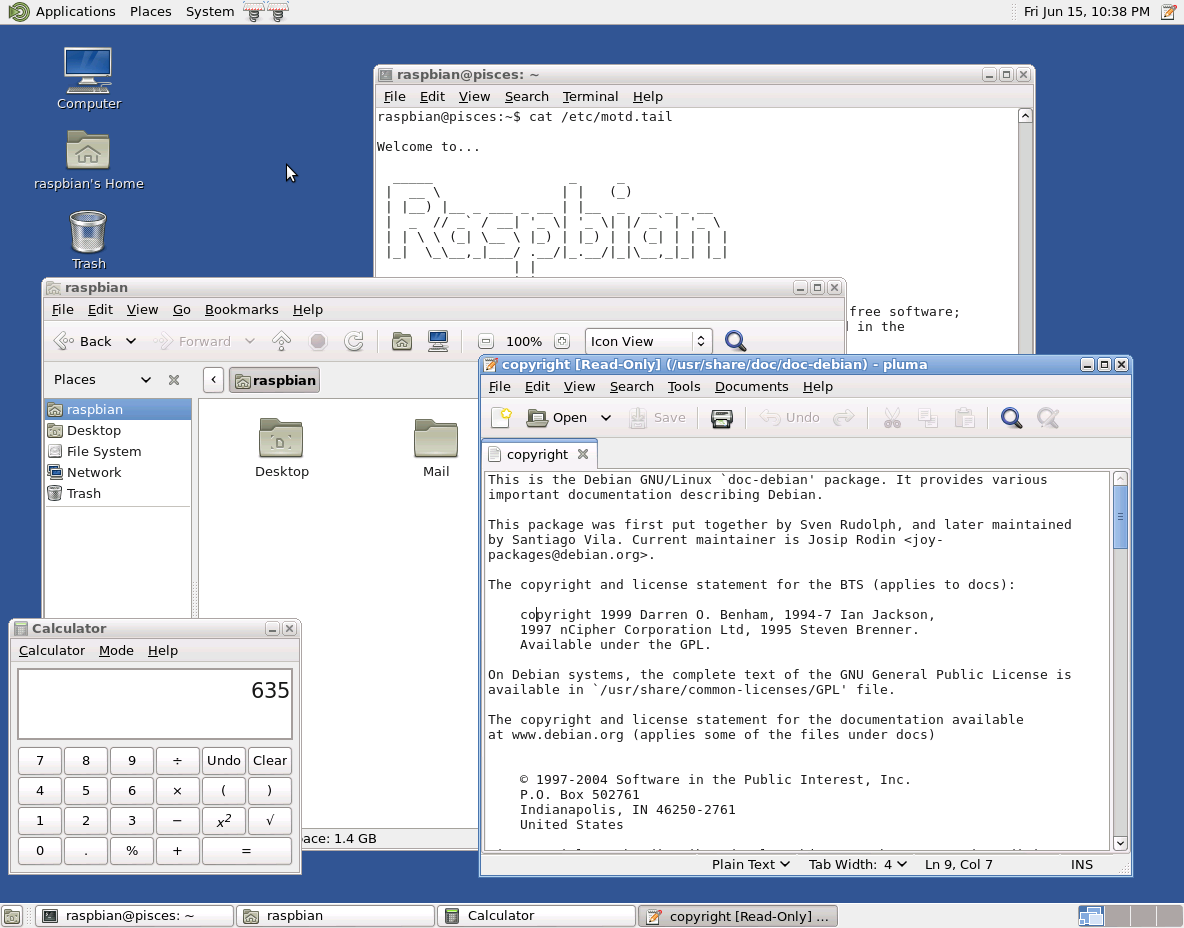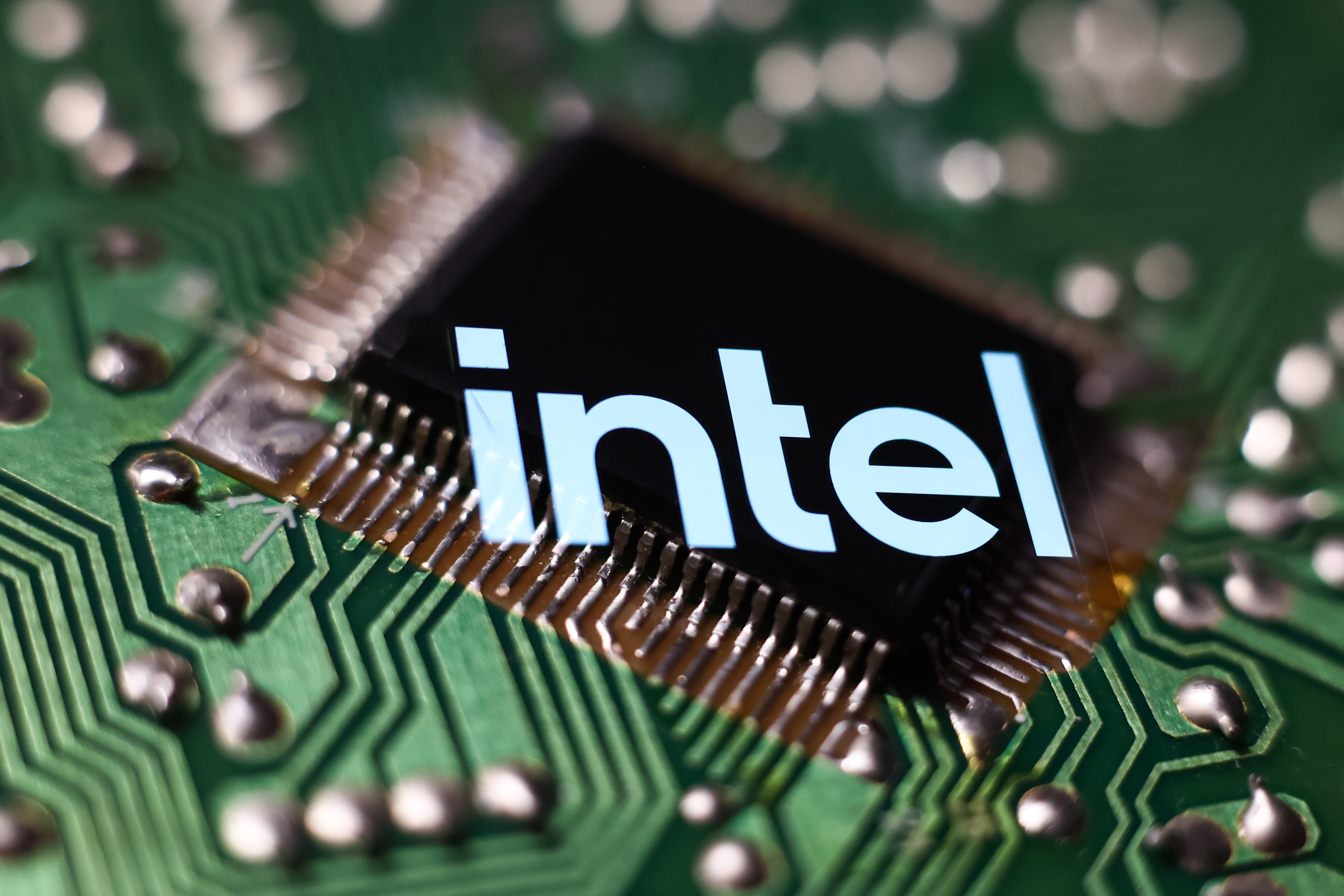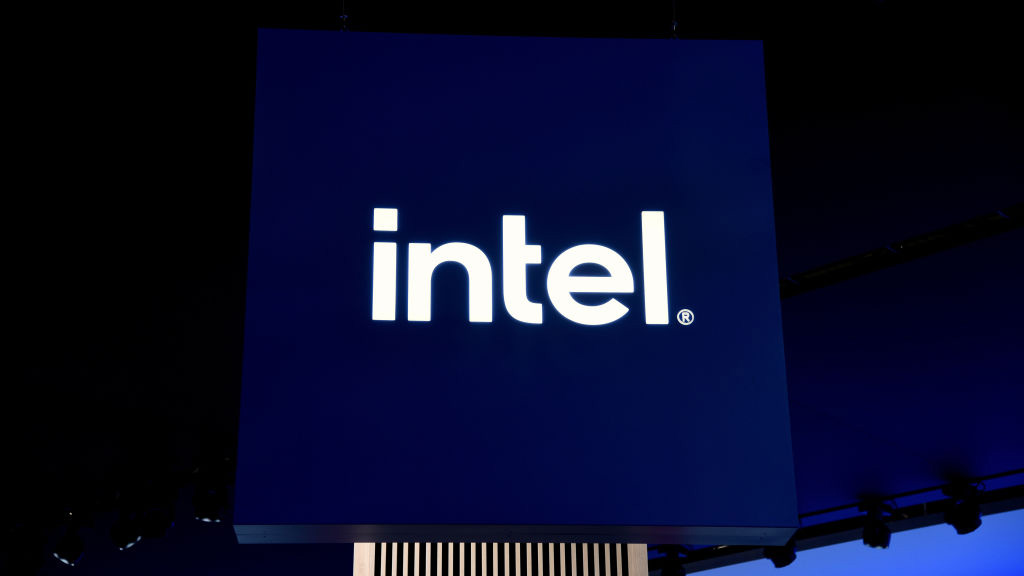Raspberry Pi vs Intel NUC: Need to Know
Does the handheld Intel Core i3 NUC completely outshine it in this David vs. Goliath battle?
Desktop use
The killer blow for most users is that the Raspberry Pi cannot run Microsoft Windows due to its ARM-based chip. However, there is no shortage of Linux distributions that run on the device and support its various hardware features. Best of all they are all free.

For those that want to do web browsing with Mozilla Firefox or Chromium, playback 720p resolution video and send emails using Thunderbird the Raspberry Pi is fine. We found the Pi showed its hardware weaknesses when a background process had a spike in which it consumed considerable processing power while another task in the foreground was taking place.
Despite its moderate specs, the Pi is well suited to custom projects as can be seen below:
Intel's NUC can run Microsoft's Windows 7 and Windows 8 without any problem. This will make it a massive selling point as it allows legacy apps such as the Office suite to run natively.
Intel's NUC can run Linux and popular distributions such as Canonical's Ubuntu run well out of the box. The Raspberry Pi's weaknesses as a full-blown desktop machine appear when a number of applications are open due to it only possessing 512MB RAM, while the NUC can support up to 16GB RAM. Couple that to the fact that the Raspberry Pi features a single-core 700MHz results in a considerable performance hit when two or more CPU-head processes are run.
Although Intel's NUC has a far more expensive and faster processor, it won't be topping any benchmark tests. Intel's biggest selling point for all its processors against ARM is the ability to run Microsoft's Windows operating system.
By Intel's standards the Core i3 chip in the NUC is low-end, but the system can run demanding applications such as Adobe Photoshop. Running software programs such The Gimp on a Raspberry Pi is an exercise in anger management. Of course the Pi was never designed to run a graphics editing application but that the NUC can do it through hardware and software support is certainly a plus a point.
The lowdown
The Pi struggles when it comes to using heavy duty apps. However, it is able to handle browsing and video playback tasks relatively comfortably.
Intel's NUC is more akin to a traditional PC. It's able to run Microsoft's Windows, which for many is a deal breaker on the Raspberry Pi, no matter what its price. For businesses that rely on Microsoft's Office suite there are few, if any, devices of similar size better suited to such workloads.
Get the ITPro daily newsletter
Sign up today and you will receive a free copy of our Future Focus 2025 report - the leading guidance on AI, cybersecurity and other IT challenges as per 700+ senior executives
-
 M&S suspends online sales as 'cyber incident' continues
M&S suspends online sales as 'cyber incident' continuesNews Marks & Spencer (M&S) has informed customers that all online and app sales have been suspended as the high street retailer battles a ‘cyber incident’.
By Ross Kelly
-
 Manners cost nothing, unless you’re using ChatGPT
Manners cost nothing, unless you’re using ChatGPTOpinion Polite users are costing OpenAI millions of dollars each year – but Ps and Qs are a small dent in what ChatGPT could cost the planet
By Ross Kelly
-
 Gaining timely insights with AI inferencing at the edge
Gaining timely insights with AI inferencing at the edgeWhitepaper Business differentiation in an AI-everywhere era
By ITPro
-
 Scaling AI from pilot to production: Maximize AI impact with HPE & Intel
Scaling AI from pilot to production: Maximize AI impact with HPE & IntelWhitepaper Transform AI proof-of-concepts into full-scale implementations
By ITPro
-
 Arm CEO worried humans will inevitably lose control of AI
Arm CEO worried humans will inevitably lose control of AINews AI systems need robust safeguards and override capabilities, according to Arm CEO Rene Haas
By Solomon Klappholz
-
 UK supercomputer boom as HPE and Dell receive funding for new AI cluster
UK supercomputer boom as HPE and Dell receive funding for new AI clusterNews The UK’s AI computing capabilities will increase by an order of magnitude in 2024
By Rory Bathgate
-
 AI gold rush continues as Hugging Face snags $235 million from IBM
AI gold rush continues as Hugging Face snags $235 million from IBMNews The investment round, which brings the company's valuation to $4.5 billion, also includes Amazon, Google, Intel, and Salesforce
By Richard Speed
-
 Why is ASUS reviving Intel’s NUC mini-PC line?
Why is ASUS reviving Intel’s NUC mini-PC line?News The diminutive PC is to rise again while analysts look for the business case
By Richard Speed
-
 Intel targets AI hardware dominance by 2025
Intel targets AI hardware dominance by 2025News The chip giant's diverse range of CPUs, GPUs, and AI accelerators complement its commitment to an open AI ecosystem
By Rory Bathgate
-
 Why aren’t factories as smart as they could be?
Why aren’t factories as smart as they could be?Whitepaper How edge computing accelerates the journey to a remarkable factory
By ITPro